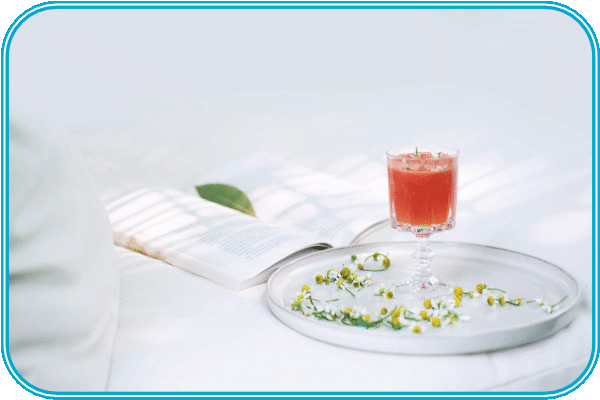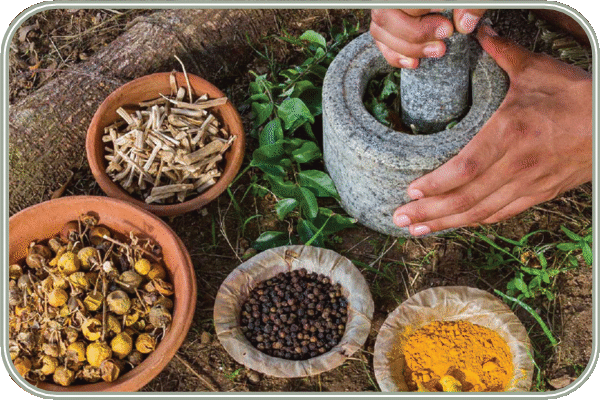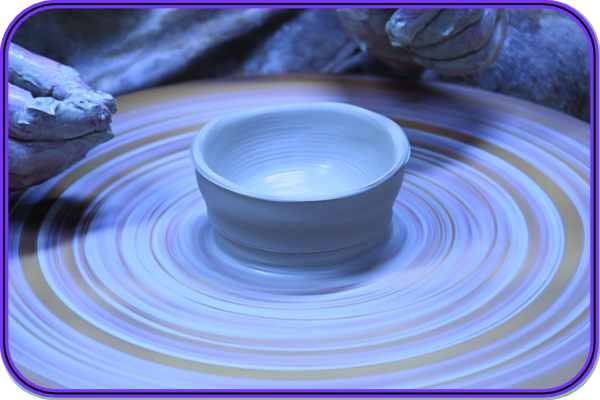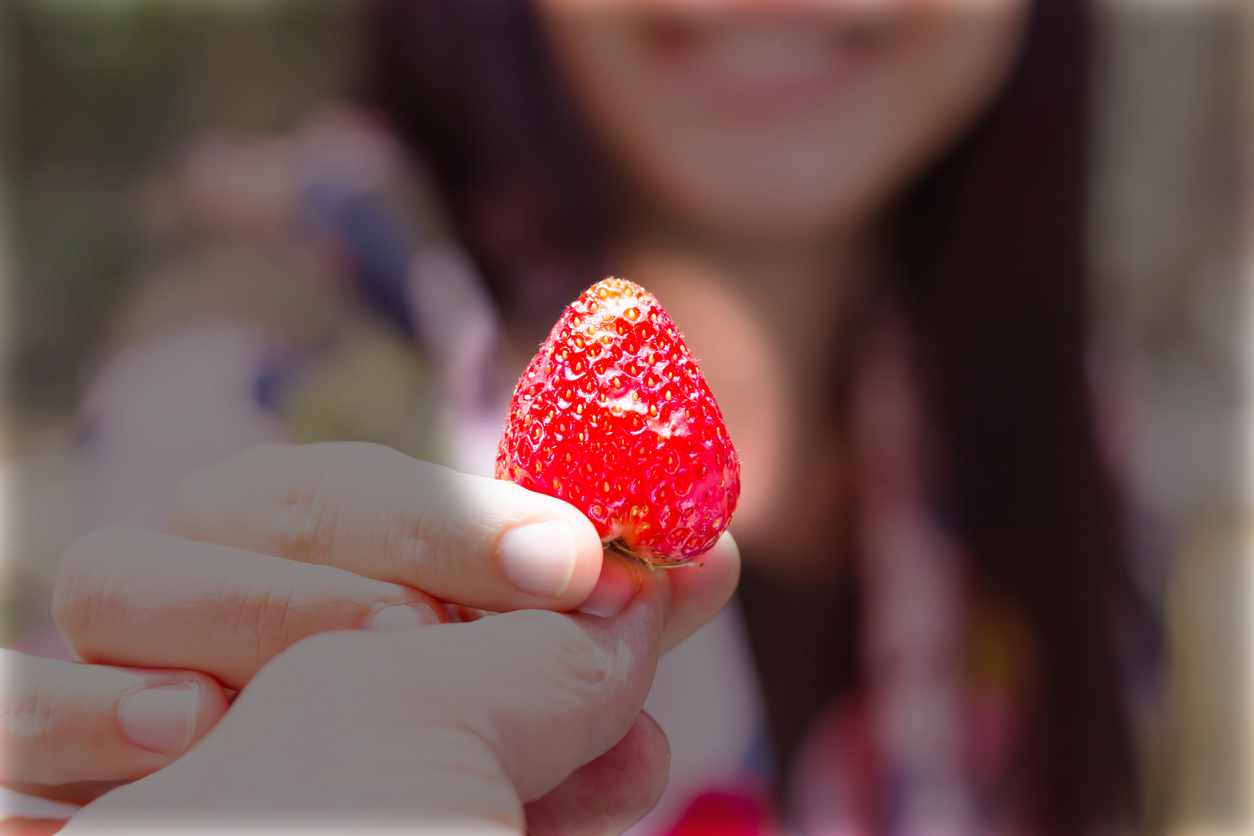Being kind and compassionate benefits the heart
At a time when materialism and self-centeredness have undermined humanity, it is high time to reconnect with the values that make us human. Among these, kindness and compassion are natural to humans; what’s more, practicing them has a positive impact on our health. So why deprive ourselves of them?
Before exploring this hypothesis in more detail, let us take the time to study our emotions and more particularly the one that emanates from the heart: joy.
According to Chinese Medicine (TCM) and its theory of the Five Elements, joy is the emotion associated with the heart. TCM has also identified the heart as the seat of Shen, “the transcendent light that shows itself to men”, which can be simply translated as spirit.
The heart is the mirror of our psychological and emotional state. A man whose heart is strong is serene, frank in his outlook. He is clear in his speech and fair in his judgment. His complexion is luminous because the complexion is the reflection of the heart. Conversely, if the Shen is deficient or disturbed, the heart will be directly affected. In this case, any emotion experienced in excess can hurt the heart and lead to confusion or difficulty in expressing oneself clearly.
Similarly, a person with a deficient Shen may not fulfil his or her potential due to lack of discernment and/or lack of joy.
“The Heart is the vital centre, it symbolises the self, the spiritual sun in man. This centre is transcendent to man. That by which this transcendent centre will make itself known to man, the soul or ray emanating from the sun” according to ancient texts of the Chinese masters.
The Heart is vulnerable to emotional excesses
In fact, emotions systematically call upon the Liver and the Heart. The Hun (entity or consciousness of the Liver) is the shield of the organism, it governs through the Liver the decongestion and the drainage. It is thus in the front line to receive external disturbing emotions. Through its drainage function, it is there to facilitate the elimination of disordered feelings. Indeed, emotions are a form of refined Qi. As Qi and Blood are interdependent, if Heart Blood is sufficient, mental activity will be sharp and clear. If the Blood of the Liver is abundant, then the Shen will be calm.
We therefore understand that the Shen, through the Heart, represents the synthesis of the psycho-affective life. It governs all the other organs in their spiritual dimension. Consequently, the heart is particularly vulnerable.
It is therefore important to learn to manage the flow of our emotions to avoid excesses in order to protect our heart. Indeed, the heart is considered by Chinese medicine as the Emperor of the organs. We can also preserve our heart by nurturing good feelings towards ourselves and others. For kindness and compassion nourish the heart. And a “good heart” is a source of good health.
“Be kind and compassionate” is therefore not a religious or philosophical precept, but a recommendation of the old Chinese masters to cultivate a quiet mind.
Research gives us its results
Alongside Chinese medicine, science has also regularly examined the links between altruistic feelings, generosity, or kindness, and human health. Here are some of the studies conducted on this topic.
- In 2016, Dr. Katherine Nielson-Coffey demonstrated the impact of acts of kindness on our health. With her team, she studied the difference in effect between prosocial acts (picking up trash, offering coffee to a stranger, opening the door, etc.) and self-centered acts (taking a hot bath, doing something good for oneself). The first group, which practiced altruistic acts of kindness, experienced greater emotional well-being than the second group.
- Another researcher, Dr. David Hamilton, who studies the effects of stress on cardiovascular health, observed that acts of kindness can cause an increase in oxytocin. This chemical, secreted in the hypothalamus, lowers blood pressure and reduces the impact of stress on the body.
- Charles Darwin had already emphasized the importance of kindness in human beings. According to him, kindness is an instinct inherent in humans. Its function is to ensure the survival of all living beings. The human tendency toward sympathy is instinctive, not cultural, and even stronger than the instinct for self-preservation.
A link between generosity and gray matter
-
In another study, psychologist Nancy Eisenberg discovered that children with strong vagal tone are more cooperative and inclined to give.
-
Just recently, a study conducted by Zurich researchers demonstrated a correlation between generosity and gray matter. Indeed, the volume of a certain region of the brain influences people’s willingness to be altruistic, explains Professor Ernst Fehr of the University of Zurich in the journal Neuro.
By observing the brain activity of the study participants, the researchers observed that generous people had more gray matter than stingy ones.
These studies demonstrate a link between altruistic acts, generosity, and kindness, and health and happiness. We’ve all experienced this at least once. So, even if we don’t do it out of altruism, why not practice kindness, generosity, or compassion more often? This practice of kindness will help us find our inner sunshine, joy, and improve our health.
Practicing Kindness for Well-being

Meditating while feeling compassion for others shifts resting brain activation to the left hemisphere, a region associated with happiness, and boosts immune function.

Giving to others, rather than indulging in narcissistic desires, brings lasting well-being.
Giving awakens the power of the heart and brings joy.

Laughing and playing in the face of trauma or difficult situations improves resilience and adaptation. More and more people are participating in laughter yoga groups.







0 Comments